How can we reduce carbon dioxide emissions and stop climate change?

Can YOU Fix Climate Change? --YouTube
The rapid climate change we are facing looks simple on the surface. Greenhouse gases trap energy from the sun and transfer it to our atmosphere.
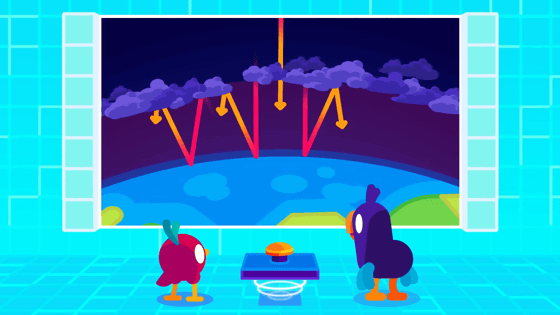
This traps the heat of the sun in the atmosphere, leading to warmer winters and harsher summers. Also, dry areas will be drier and damp areas will be more humid than ever. Countless ecosystems will die as sea levels rise and swallow coasts and cities.
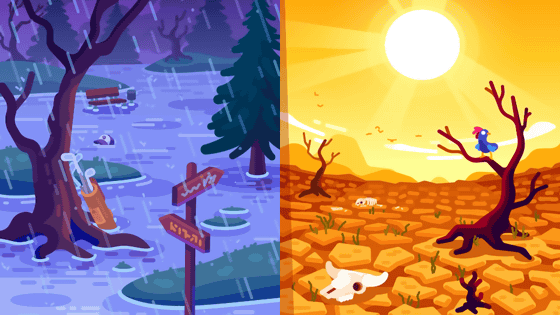
The modern industrial society built over 150 years is inherently devastating. Basically, everything we do to make our lives easier, safer, and more comfortable is all that makes things worse for the biosphere.
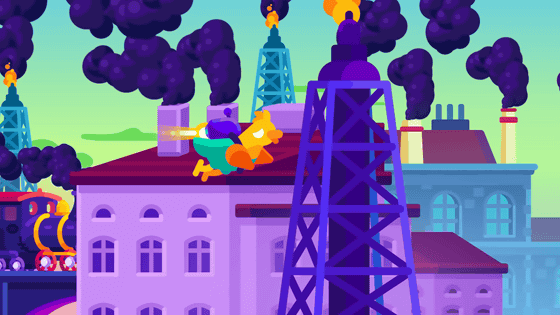
We are familiar with energy, food, transportation and industry, but little is said about many major polluters. For example, carbon dioxide emissions from landfills are as important as the emissions emitted by an airplane during flight.
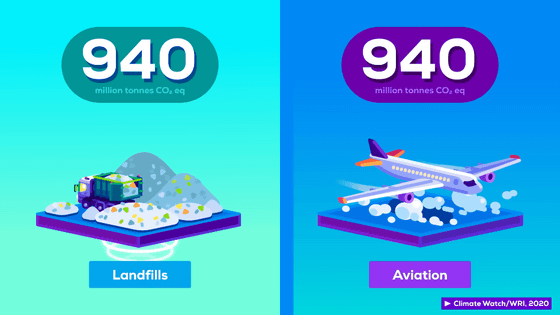
Also, more carbon dioxide is emitted to move our home than all cars combined.
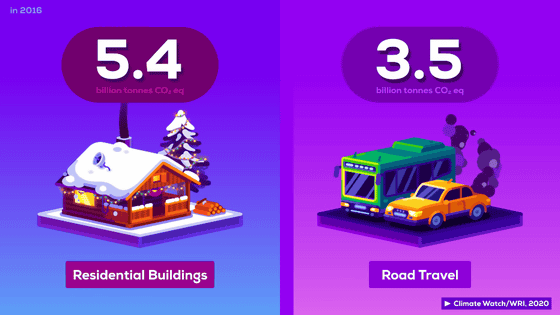
And the emissions generated when building a new car are equivalent to laying asphalt on a road that is only 2 meters long. Therefore, it is important to switch to an electric vehicle while being conscious of the environment, but if you continue to build the road on which the electric vehicle runs, nothing will be solved.
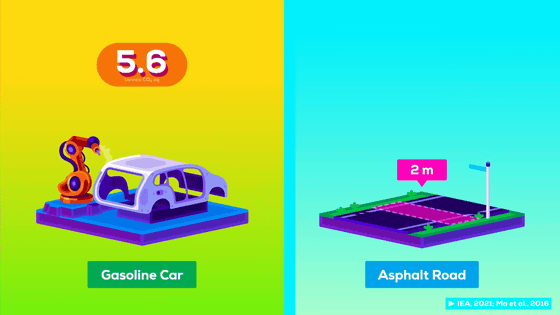
Modifying parts of the industrial system is not enough, and each of the many different parts requires its own solution.
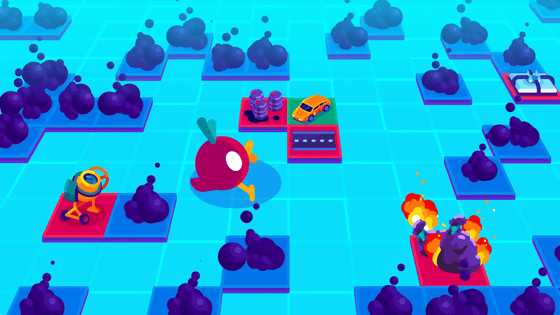
But just because a solution exists doesn't mean we can do it positively. There are many gray areas in the fight against rapid climate change, most notably the gap between the rich and the poor.

There is a clear link between a country's prosperity and its carbon emissions, and wealthier people tend to generate more emissions. Therefore, the key to correcting climate change is for the wealthiest people in the world to improve their luxury lifestyles and reduce climate change.
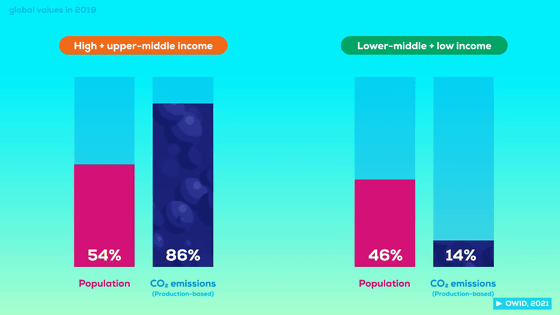
But on the other hand, saving money by wealthy people does not solve all problems. This is because 63% of the world's emissions come from low- and middle-income countries. Countries trying to escape poverty are forced to emit carbon dioxide in order to achieve a comfortable lifestyle and become a middle class.
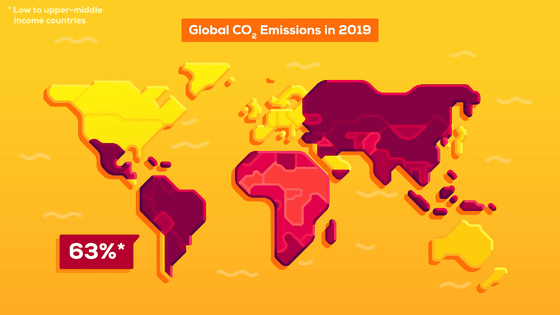
Therefore, asking developing countries to reduce emissions seems like an attempt to reduce emissions. Still, it is very difficult for a country that has become rich due to environmental damage in the past to insist on developing areas that 'money should be spent on protecting primeval forests.'
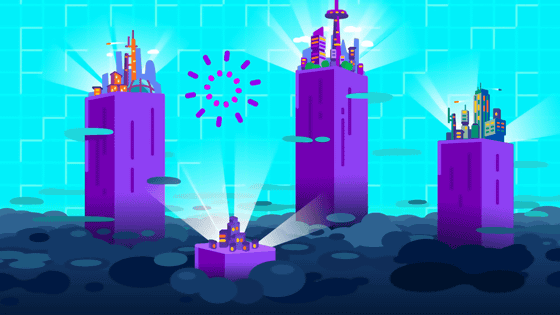
For billions of people, more emissions personally produce good results and a comfortable life. If you forget this, you tend to suggest infeasible solutions. For example, 8% of carbon dioxide emissions are emitted from the concrete manufacturing industry, so stopping the use of concrete can reduce nearly 10%. But in modern times, concrete is also the cheap and easy way to build affordable homes to increase the population of developing countries. There are many examples of such conflicts between needs and solutions.
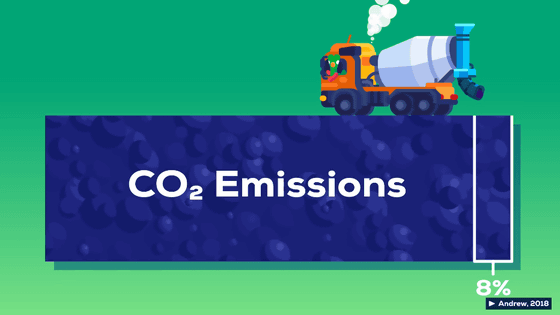
Other than that, there are ways to overcome what we are not currently solving. The biggest problem is food.

Modern food production, which requires animal and vegetable fertilizers, releases large amounts of methane each year in rice alone, so it has virtually the same environmental impact as all air traffic in the world. I have.
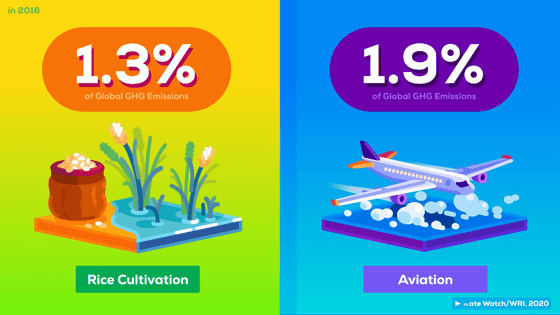
Meat is even more influential. Although 57% of carbon dioxide emissions from foods come from animal foods, they make up only 18% of the total calorie intake of the population. There is also a gap between rich and poor here, and as people around the world become richer, they want more meat.
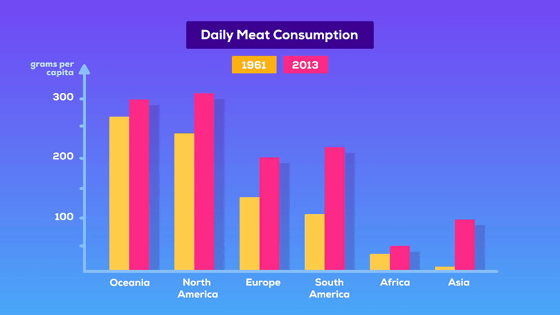
Today, about 40% of the world's habitable land is somehow used for meat production. It's about the size of North and South America combined, with forests that re-grow native ecosystems and suck carbon from the atmosphere to feed animals on that vast land. I'm hijacking the Amazon.
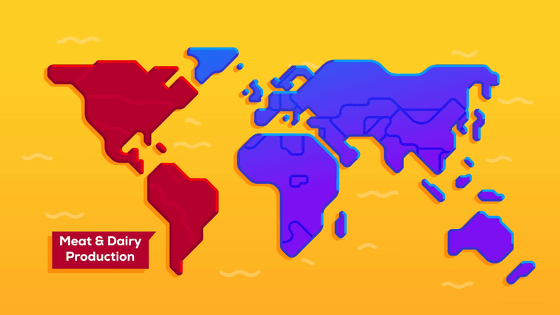
Reducing the amount of meat we eat does not stop climate change, but we cannot stop it unless we consume less meat.
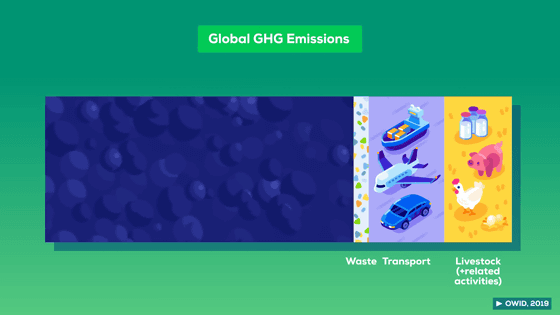
The same applies to other things that are less important to our survival, such as air travel, international transportation, mining, and the creation of devices that play YouTube.

Wealthy people need to give up their current way of life, and poor people can never enjoy a rich life. That is not the case. Plans are underway to use technology to extract and reduce carbon dioxide, store it underground, and convert it into products.
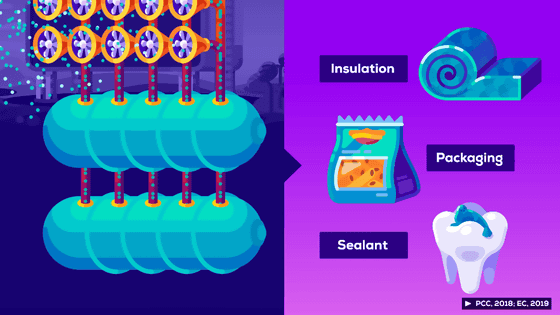
So why not implement it everywhere, in every industry, simply because it's too costly. With the technology we have now, this costs about $ 10 trillion, half of the US annual GDP.
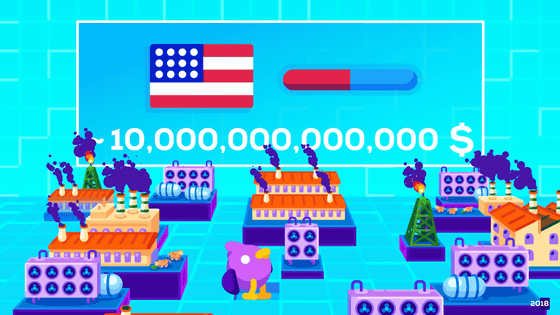
Just investing these costs in large-scale pollutants such as steel mills and coal-fired power plants can be expected to significantly improve, but if done by the company, the cost of the product will double, so the industry will go bankrupt. I cannot escape. And while it seems reasonable to force governments to bear the costs, in reality many governments are being asked to oppose environmental protection, such as subsidizing the oil and gas industry.

Now that there is no technical introduction, political activity, or experimental development time left, 'buy a new electric car', 'replace the gas stove with an electric stove', 'double windows' You need to take remedial measures such as 'make glass', 'stop eating meat', and 'turn off the lights'.
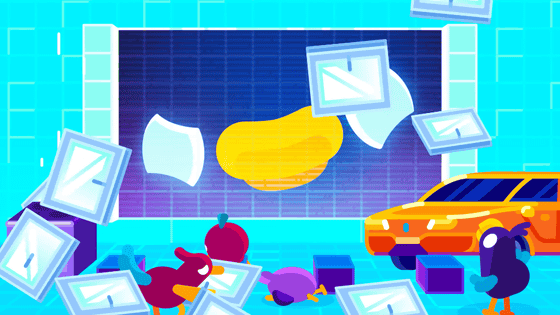
The easiest way to reduce carbon dioxide emissions is for all the rich people on the planet to significantly reduce their carbon dioxide emissions. There was a time when the lifestyles of such people would change dramatically. The coronavirus pandemic has reduced going out, avoided flying, and often closed stores.
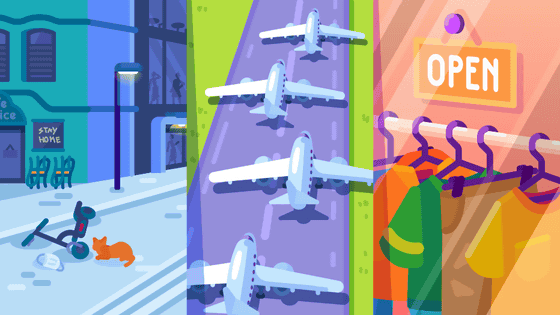
However, 2020 only reduced carbon dioxide emissions by 7% compared to the previous year.
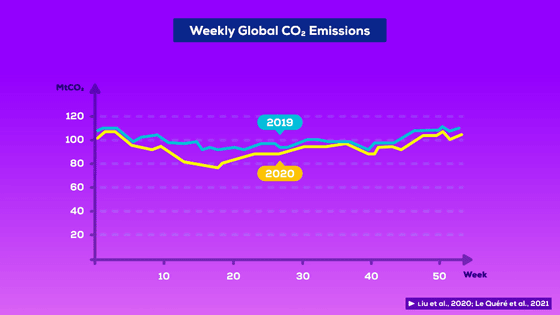
Looking at this situation, it seems that individual actions are too influential to save the world. Although personal contributions such as turning off the lights are wonderful, the reality of global carbon dioxide emissions is so large that it is difficult to create the consciousness of 'first of all'. Even if a person who is willing to protect the environment does not emit any carbon dioxide for the rest of his life, climate change can hardly be stopped.

So what can we really do? Kurzgesagt's claims are also based on their own perspectives and opinions, as there are still many different arguments and no clear conclusions.
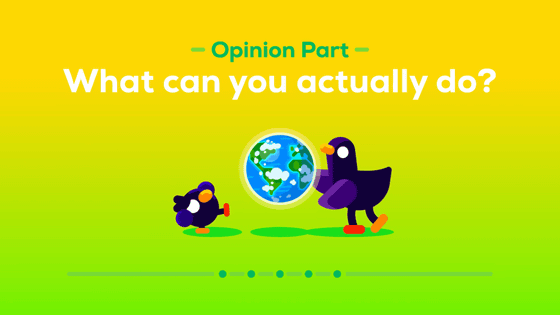
First of all, it is important to work on politics for systematic changes of this scale. If government or local politicians are reluctant to change environmental laws, they should be criticized as voters and voted for those who respect science.

To achieve the most effective climate change strategy, we hold politicians accountable, change laws, encourage active environmental protection, and leverage existing technology, which we do not do. We have to invest heavily in innovation in the field.

In addition, regulations should be put in place to reduce carbon emissions as much as possible in the industrial sector, and severe penalties should be imposed on companies that do not cooperate.
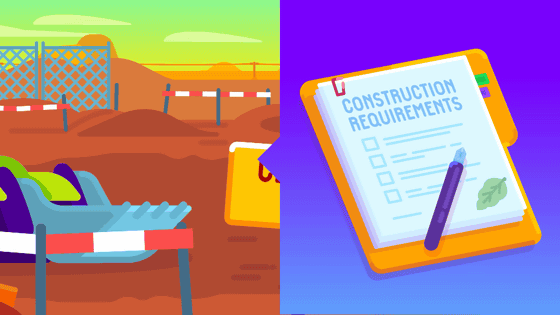
Other carbon-reducing technologies, such as electric vehicles and alternative cements, still require a lot of time and research, making it difficult to invest in them unless you are a wealthy nation.
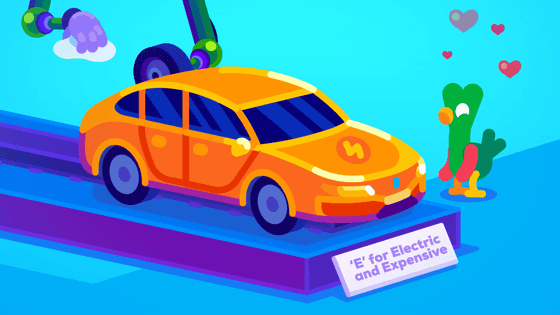
However, these are the mechanisms by which the price goes down as the technology progresses, so it is possible to contribute on the line where you can participate.
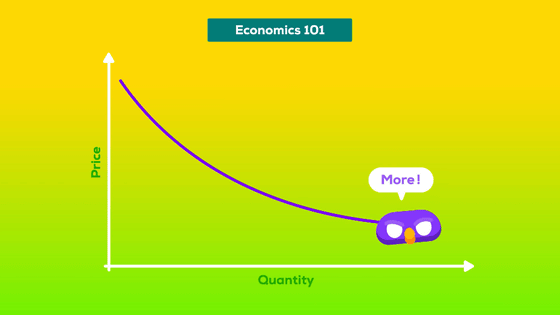
With ballots for political participation and wallets for investing in the environment, you can fulfill your personal environmental responsibilities.

Being considerate of the environment makes everyone a little unhappy. Still, Kurzgesagt concludes that this is the best you can do and that you can deal with real-life situations and stop rapid climate change.

Related Posts:







